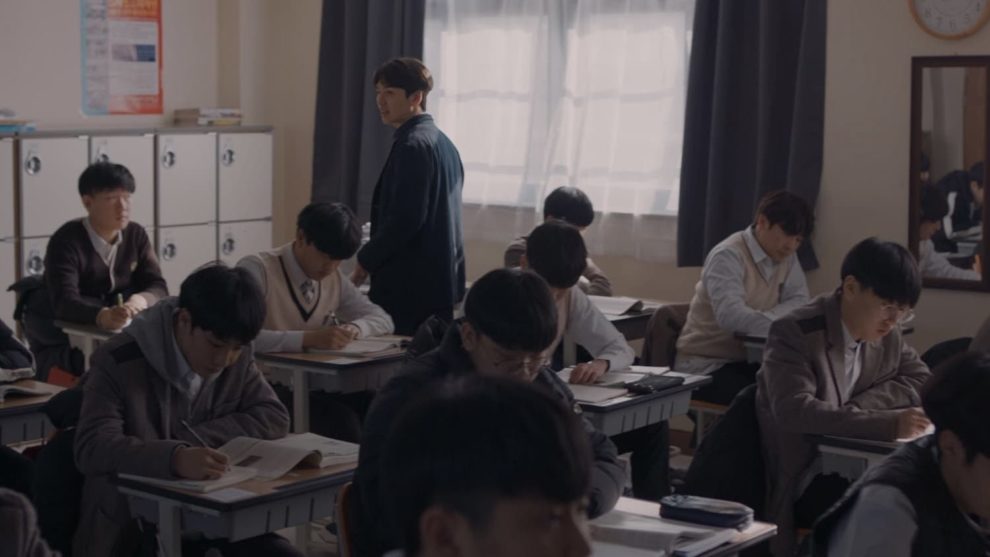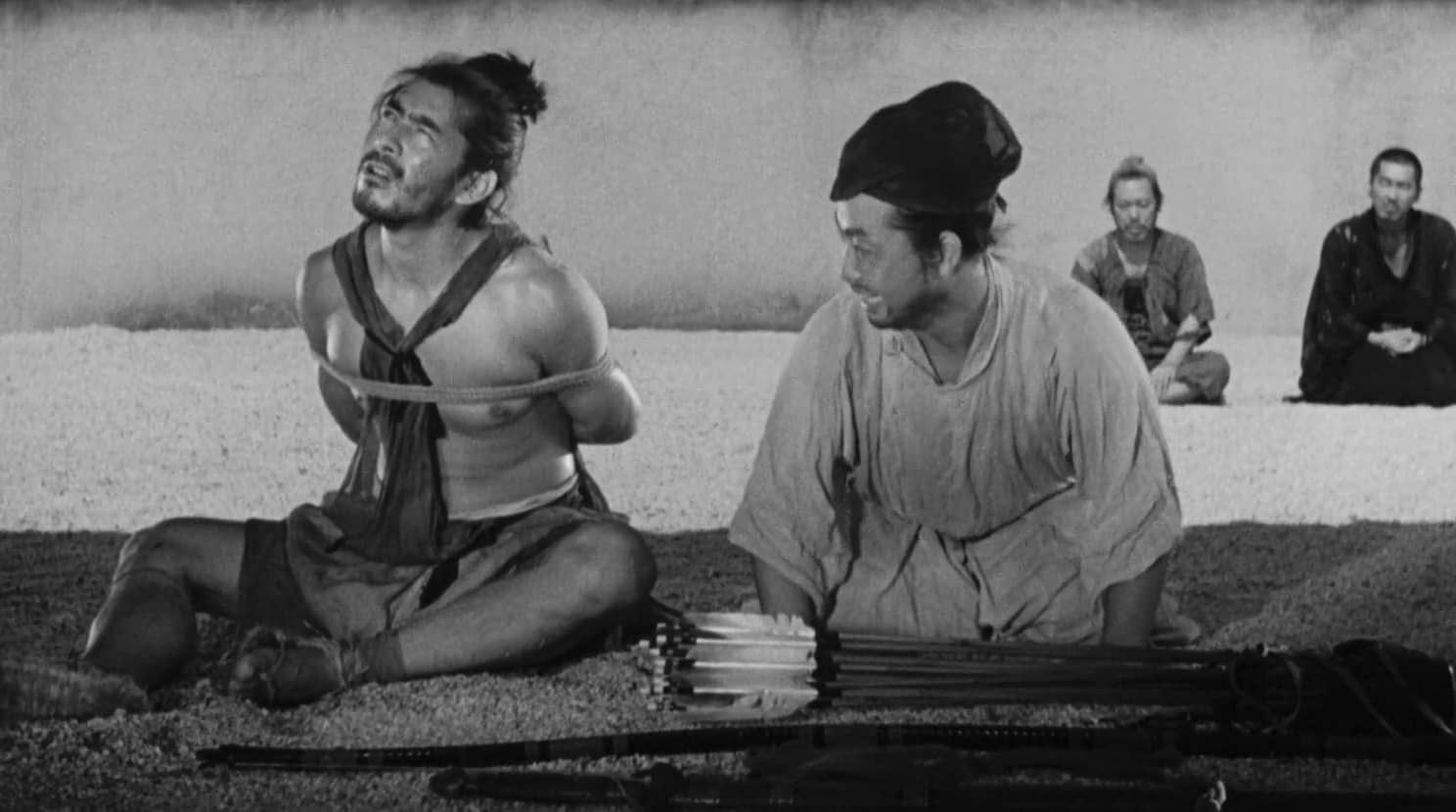The concept of good and bad people is one that has been “tormenting” people forever, both in terms of definition of the two terms and of the ways people can be classified in that fashion. Jung Wook-II directs a film about this concept, interconnecting it with another eternal question, that of the definition of truth.
“Good Person” is screening at Florence Korea Film Festival

Kyeong-seon is a high school teacher who tries to be good and fair in all of his interactions with his students, a tactic that has deemed him somewhat popular among them. One day, his wallet is stolen from him, and the rest of the class seem to identify Se-ik as the culprit. Kyeong-seon does not act on the accusation immediately, but talks to the young man solo at the end of the class, asking him to write the truth into a piece of paper, promising that he would believe whatever he states. The same night, his ex-wife, Ji-hyeon, asks him to take care of their little daughter, Yoon-hee, since she is busy, in an interaction that also reveals that he used to be an alcoholic. His interaction with the girl is anything but smooth however, and when Kyeong-seok makes the mistake of leaving her in the car to go check on Se-ik, all hell breaks loose, with Yoon-hee ending up in the emergency room. A truck driver, Hyeong-seop, emerges as the culprit of the accident, but a bit later, it turns out that Se-ik was also involved. The teacher tries to discern through the lies of both potential guilty parties, but he is not exactly fully truthful himself, particularly to his enraged ex-wife.

Although the premises of the movie are those of a family drama, the whodunnit element, which is rather dominant here, results in a title that is at least as much a thriller, as the tension rises significantly as the story progresses, and Hyung Bow's cinematography also follows a similar path, with the gray tones and the darkness of the night taking over the visuals. As the atmosphere moves in that way, the philosophical/social undertones regarding human nature and the two concepts mentioned in the prologue also come to the fore, in a comment that seems to state that everyone lies, and that good and evil are not exactly separate concepts, but two different sides of the same coin. Kyeong-seon, Se-ik and the elderly driver all mirror this comment in a way that, essentially, deems them all responsible for the girl's fate, although in completely different ways and levels.
The layers of lies that dominate the hypostases of the three men carry the movie for the majority of its duration, as each revelation highlights the fact, but also results in more lies, with the twists following one another each time one of the three characters finds himself having to tell the truth. Although this aspect adds to the mystery and, essentially, to the entertainment the movie offers, it also makes the story somewhat repetitive, and also far-fetched, particularly in the ways Se-ik changes his story. Furthermore, and although the acting of Kim Tae-hoon as Kyeong-seok and Lee Hyo-je as Se-ik is quite good, none of them emerges as a particularly likable character, something that makes it rather difficult to empathize with them. Essentially the same applies to Kim Hun-jung's Ji-hyeon, despite the fact that she is the definite victim (even if indirectly, through her daughter) here. Particularly for the first, that he eventually succumbs to violence makes things even worse, although these are among the most impactful scenes in the movie.
On the other hand, the overall atmosphere and the relative fast pace Jung Wook-II implements works quite well for the overall aesthetics of the movie, which remains interesting from beginning to end, although mostly for the story rather than the characters.
As such, “Good Person” emerges as an intriguing film that definitely deserves a watch, particularly for its combination of whodunnit and family drama.















